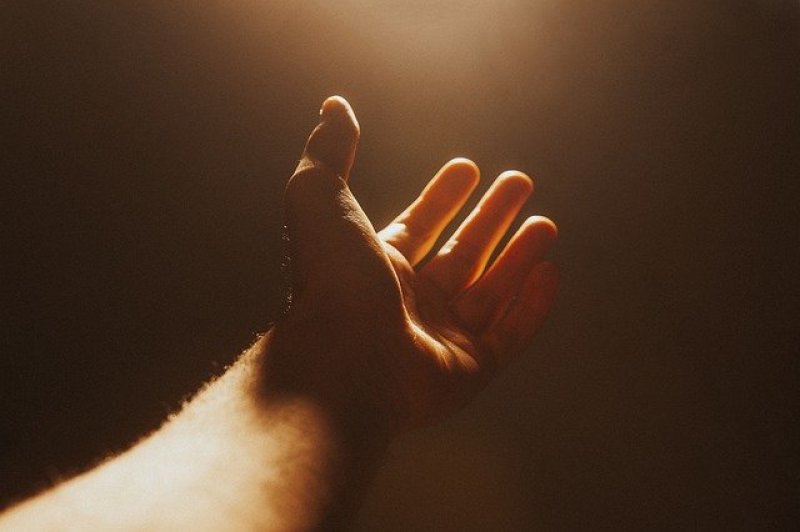
The American Center for Law and Justice announced Thursday that they have filed a petition against a court ruling that cancels prayer in times of difficulty.
In a statement posted in their website, written by the defendant's legal counsel Abigail Southerland, the American Center for Law and Justice said they are fighting for the first right instituted by the American Founding Fathers--religious liberty--by representing Florida's Ocala City in a petitioned filed at the United States Court of Appeals Eleventh Circuit.
"We are challenging a district court ruling declaring that government officials can no longer encourage citizens to pray amid a difficult time in their community, and volunteer chaplains can no longer lead those in their community in a time of prayer," the ACLJ disclosed.
The ACLJ, an advocate of religious and constitutional freedom since 1990, narrated that the City of Ocala's Police Department led by its Chief Greg Graham sought the help of local faith-based communities in 2014 in "persuading witnesses" in line with the "crime spree resulting in injury to several children." The police then were having difficulty to persuade witnesses to testify against the "shooters" even though their identities were known to them.
Community faith leaders responded by organizing a prayer vigil led by "private citizens." This was supported by Graham in a letter that encouraged "unity and prayer and attendance at the vigil."
Atheists Art Rojas, Daniel Hale, and Lucinda Hale complained about the vigil and were told by city officials "it could not cancel" it because it was a "privately organized event." The atheists attended the vigil "to observe" before they filed a lawsuit in the United States District Court for the Middle District of Florida against the City, Graham, and City Mayor Kent Guinn.
The ACLJ said the district court sided with the atheists, claiming that the holding of the prayer vigil prohibits the First Amendment and violates the Establishment Clause, making it "unconstitutional."
"So we appealed to the Eleventh Circuit Court of Appeals. As we explain in our opening brief on appeal, the district court's ruling flies in the face of America's long-time tradition of calling for prayer--a freedom our Founders sought to secure, rather than prohibit, through the passage of the First Amendment," ACLJ pointed out.
ACLJ cited several instances in which the Supreme Court upheld the engagement or involvement of the government with prayer, which actually follows American tradition. Such instances include "legislative prayer, prayer in the military, prayers offered by chaplains, and calls to prayer following a crime spree or other tragic event."
The group also pointed out in its opening brief the misuse of the Establishment Clause that the district court used to side with the plaintiffs. Such clause is not applicable on the event having a "mere religious content" and on the mere basis that the plaintiff "alleged" it as an "offense" or was in "disagreement with prayer," most especially "where the injury has been self-inflicted."
They stressed that the atheists voluntarily came to the vigil despite being "quite free to avoid it" yet are faulting others that "they were offended."
"Even assuming the Court reaches the merits, Defendants' actions do not violate the Establishment Clause. Supreme Court precedent is clear that the present case should be analyzed pursuant to legislative prayer jurisprudence, which affirms that Defendants' actions in encouraging citizens to gather for prayer following a crime spree is consistent with tradition long followed in our Nation," ACLJ said in the opening brief.
























